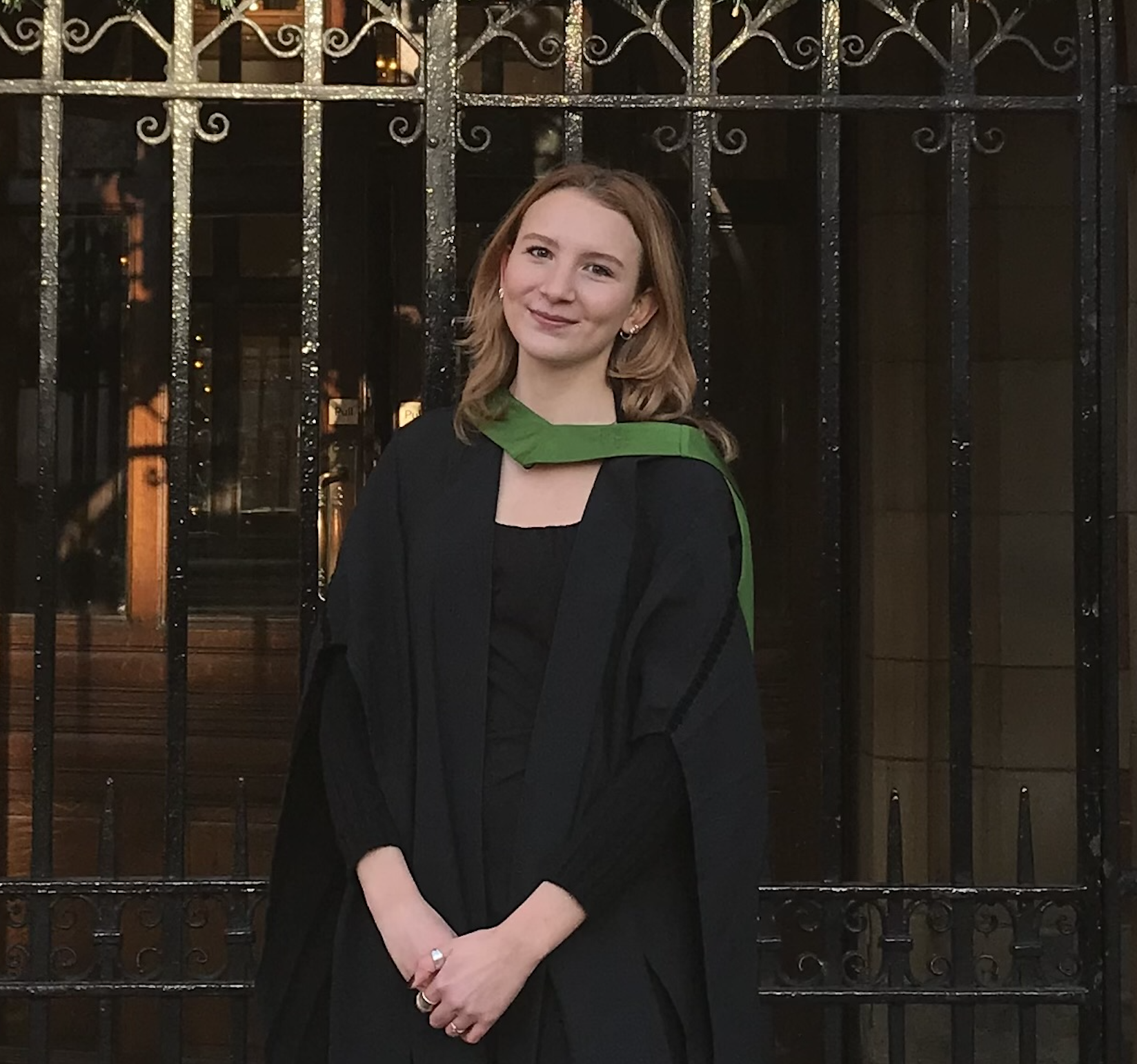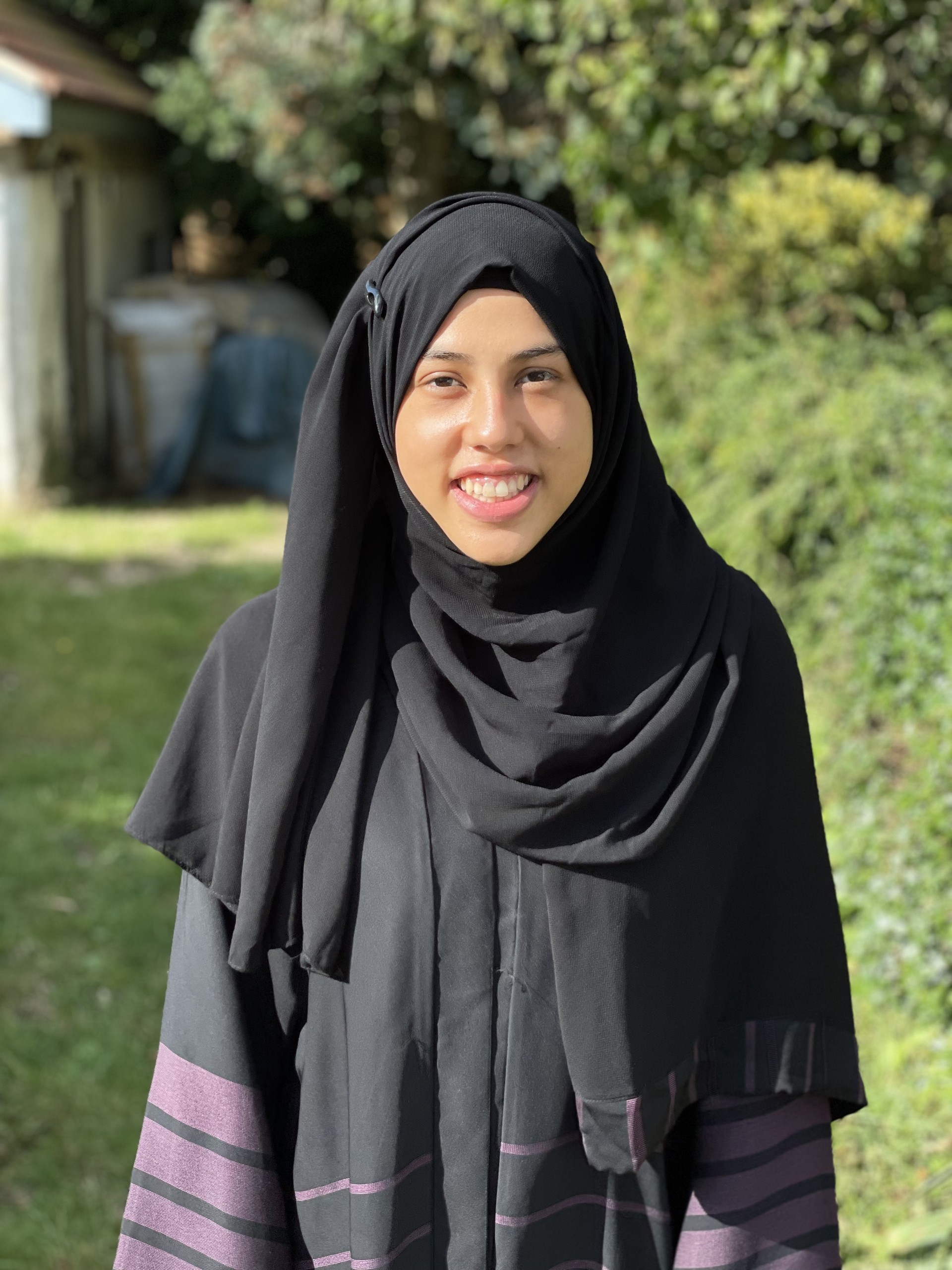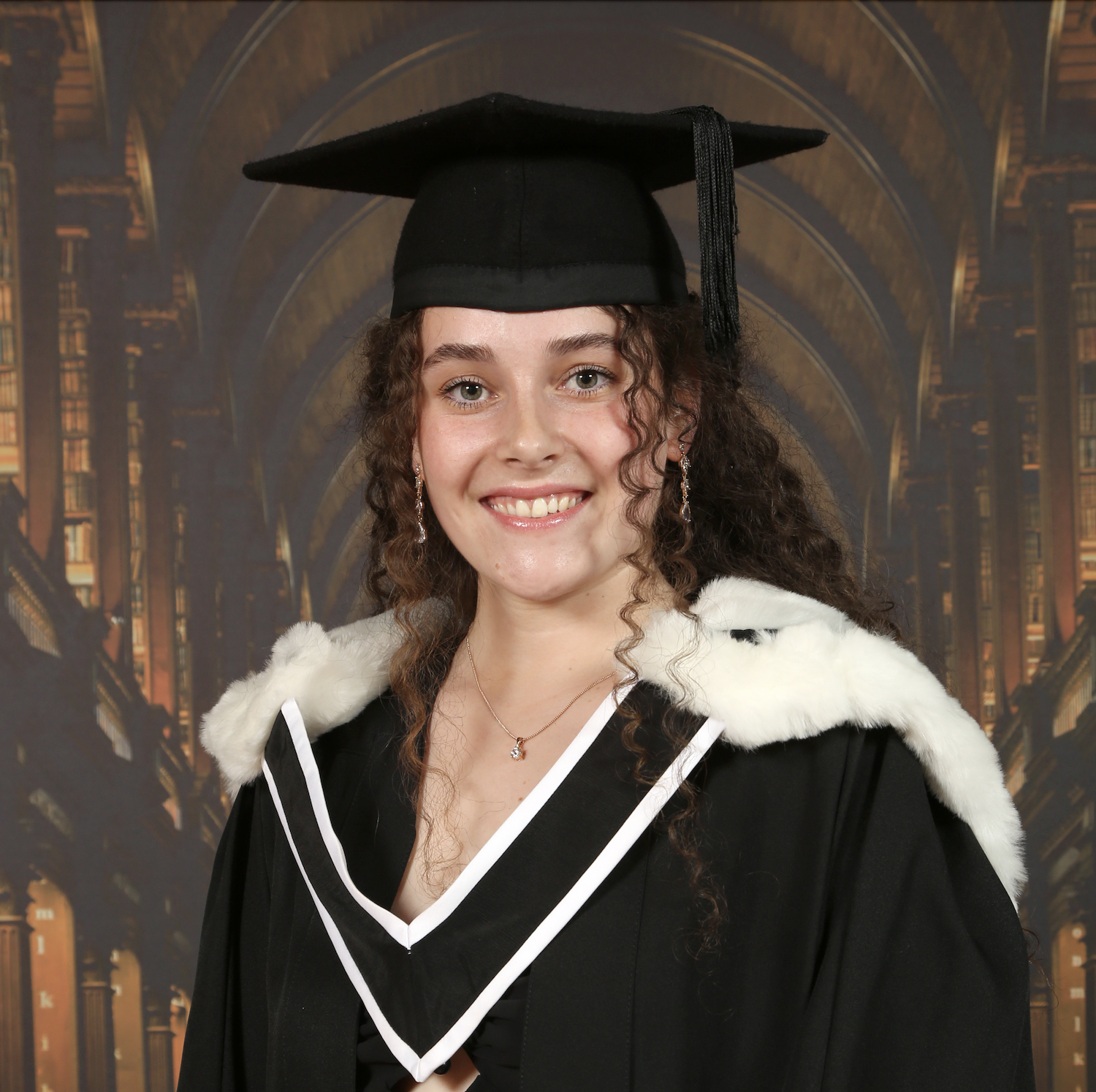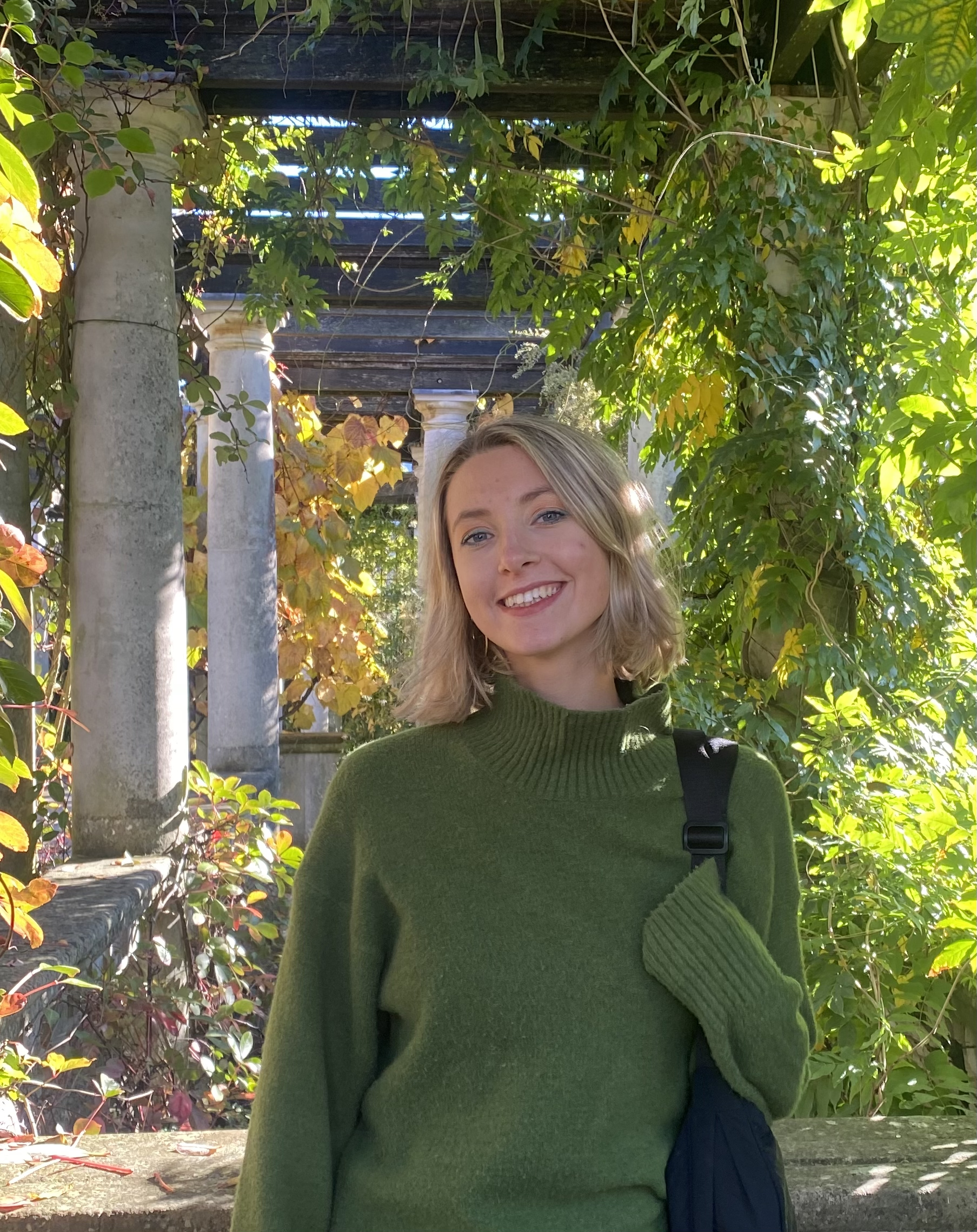
What is your name?
Caitlin Law
Where are you from?
Herefordshire, UK
To which class you belong to?
MSc Translational Neuroscience, Class of 2024
Where and what did you study before joining Imperial College London?
I studied BSc Biomedical Sciences at the University of Leeds
How did you find your Master experience at the College?
The taught part of the course was very stimulating, with lectures delivered by top neuroscientists within their fields. Although balancing both the teaching and assignments was challenging at times, the hard work proved to be rewarding. I enjoyed how each module had a unique form of assessment, from research proposals to hackathons and presentations, allowing me to develop a diverse range of skills. Additionally, the taught part was a great opportunity to develop strong friendships with my colleagues. I really enjoyed the second half of the course, offering the invaluable experience of being fully integrated into a research group and developing my skills as a researcher
Which research project did you work on?
I carried out a laboratory-based research project under the supervision of Dr Raffaella Nativio. I investigated the molecular mechanism underlying the astrocyte response to amyloid-b42, including transcriptomic and upstream epigenetic alterations. I was very fortunate to undertake my project at the UK Dementia Research Institute at Imperial College London, where I was exposed to cutting-edge, multidisciplinary dementia research. The Institute has a very welcoming and friendly environment, which made the experience even more enjoyable
Where are you now? What are you working on?
I am applying for PhD positions and hope to start next year. In the meantime, I am taking some time off to travel
What is the most important lesson you learnt as a Master student?
I have developed my confidence as a neuroscientist. For example, the course provided many opportunities to communicate my ideas, such as by presenting research proposals as an assignment or during lab meetings within the research project. I have also learned to be more confident in asking questions and networking
How did the Master programme help you get to where you are now?
Within the Master’s programme, I made connections, which have opened doors for future opportunities. My experience during my research project has also further fuelled my motivation to pursue a research career



